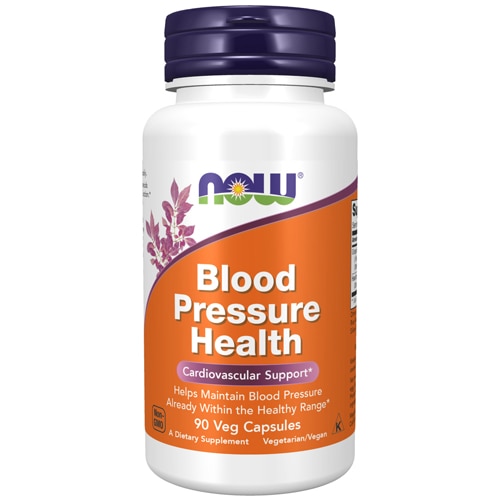Men are associated with many things: Eating too much, cleaning too little and never asking for directions.
Unfortunately, they are not as famous for taking care of their health.
"Often for men, our health and our bodies are afterthoughts," says Derek Griffith, director of the Center for Research on Men’s Health at Vanderbilt University in Nashville, Tennessee.
That inattention can lead to serious health consequences. Following are five of the most common health mistakes men make – and why it's important to turn those bad habits around.
1. They work too much
For generations – and probably millennia – men have been valued primarily for their ability to work hard and protect their families.
While these aren't necessarily bad things, it's easy for an obsession with work to get out of hand.
"The biggest tip I would give is for men to not fall into the trap of thinking that you can choose between being healthy and working," Griffith says.
Making work too big of a priority causes men to ignore health concerns.
Fortunately, there are some easy ways to turn this around. Griffith's tips for staying healthier include:
- Try to get adequate sleep
- Find the time to remain physically active
- Be mindful of what and how much you drink and eat
2. They don't go to the doctor
An old stereotype suggests that women are much less reluctant to visit a doctor then men. And while the cliché might be a tad exaggerated, it is based in truth.
In fact, in any given year, 33 percent of men do not visit a doctor even once, compared to just 22 percent of women, according to the U.S. Census Bureau.
Griffith says it's common for men to have a cavalier attitude about the fragility of their bodies.
"We treat them like they won’t wear out or break down regardless of what we do to them," he says.
Inevitably, though, time takes its toll. When that happens, men are forced to acknowledge they aren't indestructible. Even if you feel fine, you should see the doctor occasionally. The National Institutes of Health offers the following recommendations for healthy men:
- Ages 18-39: Have your blood pressure checked every three to five years, and cholesterol checked every five years (after age 35)
- Ages 40-64: Have your blood pressure checked annually, and cholesterol checked every five years. Also, have regular screenings for colon cancer beginning at age 50, and regular diabetes screenings beginning at age 45.
At ages 65 and above, the list of screenings becomes more extensive.
3. They don't exercise enough
Just one-quarter of men get the recommended levels of exercise, according to the CDC. The CDC says adults should get a minimum of:
- 5 hours of moderate-intensity aerobic activity weekly (or one hour and 15 minutes of vigorous activity)
- Two sessions of strength training – such as lifting weights – each week
Everybody is busy today – that's just part of modern life. But Griffith says it is important to keep your body finely tuned if you want it to last over the long haul.
"We have to take care of our bodies in the same way that we do other things we care about, like our cars, yards and houses," Griffith says.
4. They stay too quiet
The "strong, silent man" is another celebrated stereotype. But too often, that silence masks real emotional problems bubbling just under the surface.
Nearly 10 percent of American men experience depression and anxiety on a daily basis, yet just 41 percent seek help, according to a 2015 report from the U.S. Centers for Disease Control and Prevention.
Trying to bury your feelings only leads to bigger trouble down the road. Don't be afraid to ask for help when you need it.
Communication is also key in setting realistic expectations in a relationship. Griffith says family members want the best for the men in their lives. But these loved ones can send out mixed – and unhealthy – messages.
That's particularly true of the women, who want men to be healthy, but at the same time also respect men who go the extra mile to provide for their families and be active in family and community life – often "at the expense of our health and well-being," Griffith says.
So, make sure you communicate feelings and needs, and keep your loved ones' expectations reasonable.
"How we manage the inherent contradictions of manhood is really key to how we’re able to be as healthy as possible," Griffith says.
5. They brush off potentially serious conditions
As women know – to their chagrin – many men have a tendency to laugh off the things they should take seriously.
Take snoring: Many men joke about their ability to rattle the walls with this particular talent. But snoring can mask obstructive sleep apnea, which can cause health issues such as:
- General fatigue
- Chronic headaches
- Obesity
- Lower levels of oxygen in the blood
- Enlargement of the heart
If a spouse, family member or friend raises concerns about a potential health problem, take the warning seriously and seek medical care. It's always better to be safe than sorry.
"Health is another one of those 'use it or lose it' things in life," Griffith says. "If you don’t use your health to maintain your health, you will lose your health."




